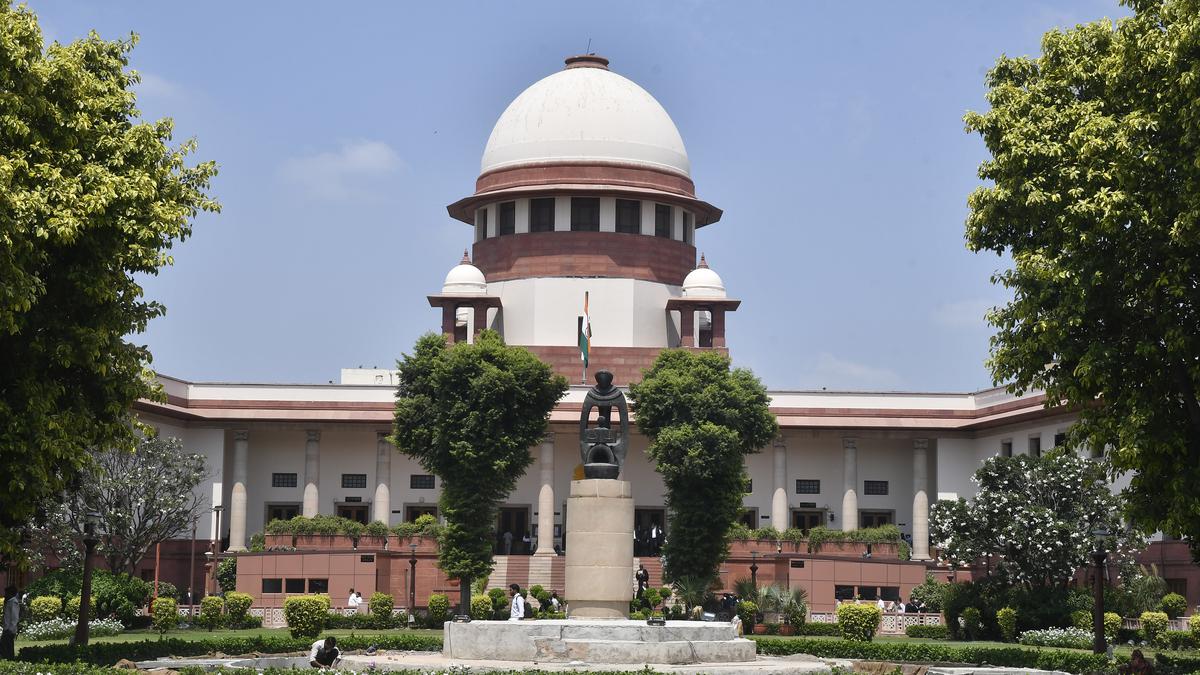The Indian Supreme Court delivered a significant judgment on December 14, 2023, clarifying the limits of tribunals’ powers in directing government policy. The court ruled that while tribunals hold the power to adjudicate individual cases and apply existing laws, they cannot overstep their boundaries and dictate policy creation to the executive branch.
This decision stems from a case involving the Armed Forces Tribunal (AFT), which had directed the government to frame a policy for filling the vacant post of Judge Advocate General (Air). The Supreme Court, however, overturned the AFT’s order, emphasizing the established principle of separation of powers between the judiciary and the executive.
The court’s reasoning hinges on the distinct roles of each branch. The judiciary interprets and applies existing laws, while the executive exercises the prerogative of policy-making based on its assessment of societal needs and resource constraints. Allowing tribunals to direct policy formulation, the court argued, would blur these lines and potentially lead to judicial overreach.
The implications of this judgment are far-reaching. It reaffirms the crucial role of the legislature in enacting laws and the executive in formulating policies, while ensuring that tribunals stay within their defined purview of adjudicating individual cases. This strengthens the checks and balances inherent in the Indian Constitution and prevents potential encroachment by one branch on the domain of another.
However, some experts argue that the ruling might pose challenges in addressing public concerns when existing policies prove inadequate or outdated. They suggest increased dialogue and coordination between the judiciary and the executive to ensure that pressing issues are addressed efficiently while upholding the fundamental principle of separation of powers.
The Supreme Court’s decision on tribunals’ policy-making powers is likely to spark further debate and analysis, shaping the future of judicial-executive relations in India. It highlights the importance of maintaining a well-defined separation of powers while ensuring that all branches work together to serve the best interests of the nation.
This content provides a brief overview of the news, the core of the Supreme Court’s decision, its potential implications, and some contrasting perspectives. It can be further tailored to specific audiences or publications by adding more details about the AFT case, relevant precedents, or expert opinions.
